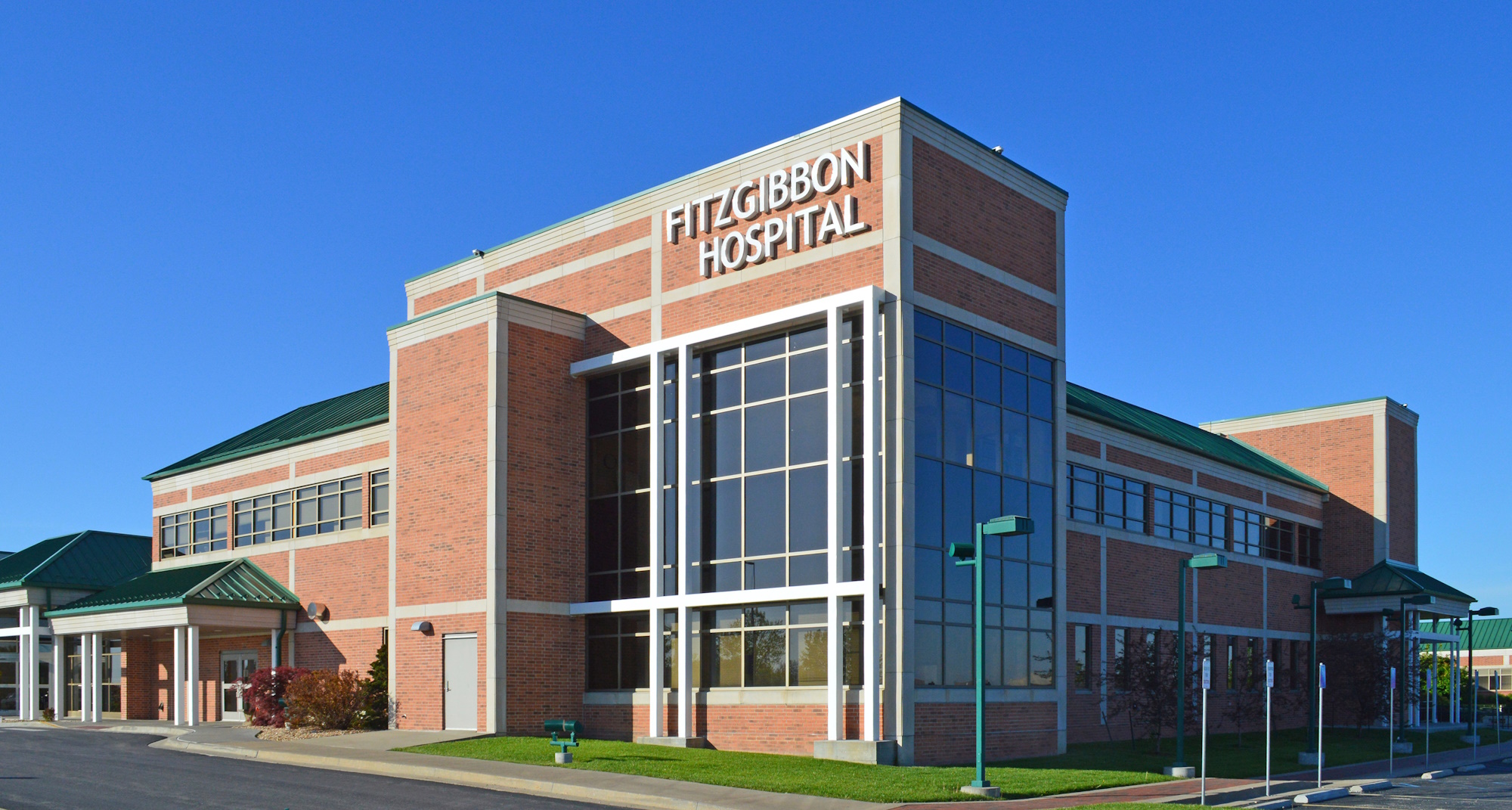Gastric Cancer
What a Gastric Cancer?
Stomach cancer, also called gastric cancer, starts in the stomach. Most of the time stomach cancer starts in the mucosa and slowly grows out into the other layers. Stomach cancer tends to grow slowly over many years. Before a true cancer starts, there are usually changes that take place in the lining of the stomach. These early changes rarely cause symptoms and often are not noticed. Stomach cancer can spread in different ways. It can grow through the wall of the stomach and into nearby organs. It can also spread to nearby lymph nodes and then spread through the lymph system. When stomach cancer is more advanced, it can travel through the bloodstream and form deposits of cancer cells in organs like the liver, lungs, and bones. Most cancers of the stomach are a type called adenocarcinomas. This cancer starts from cells that form the lining of the innermost layer, the mucosa. The term "stomach cancer" almost always refers to this type of cancer. Lymphomas, gastrointestinal stromal tumors, and carcinoid tumors are other, much less common, tumors that are found in the stomach.
Risk Factors for Gastric Cancer
Factors that increase your risk of stomach cancer include:- A diet high in salty and smoked foods and low in fruits and vegetables
- Family history of stomach cancer
- Long-term stomach inflammation
- Smoking
- Stomach polyps
Can Gastric Cancer be prevented?
Even though we don't know the exact cause of stomach cancer, it is still possible to prevent many cases. Increased use of refrigeration for food storage (rather than using salting, pickling, and smoking) and changes in diet have helped lower the rate of stomach cancer. Ways to help prevent stomach cancer include following a healthy diet, using vitamins and minerals, weight control and avoiding tobacco use.
Signs and Symptoms
People who have stomach cancer rarely have signs and symptoms in the early stages of the disease. This is one of the reasons why stomach cancer is so hard to find early. The signs and symptoms of this cancer can include:- Unintended weight loss, Loss of Appetite, Abdominal Pain and discomfort
- Sense of fullness after eating a small meal
- Heartburn, indigestion, or ulcer-type symptoms
- Nausea
- Vomiting, with or without blood
- Swelling or fluid build-up in the abdomen
Test to Find Gastric Cancer
Test to help diagnoses stomach cancer included upper endoscopy, Upper GI (gastrointestinal) series, Endoscopic ultrasound, CT scan, MRI scan, PET scan, chest x-rays, laparoscopy and lab tests. If cancer is found, the doctor may want to do other tests, too, especially if you are going to have surgery. For instance, blood tests can be done to make sure your liver and kidneys are working the way they should. You may also have an electrocardiogram (EKG) to make sure your heart is OK.
Treatment for Gastric Cancer
No matter what stage of stomach cancer you have, it can be treated. The choice of treatment depends on many things. The place and stage of the tumor are very important. But other factors to think about are your age, your overall health, and your personal wishes. The main treatments for stomach cancer are surgery, chemotherapy and radiation. It is often best to use 2 or more of these treatments. It is important that you understand the goal of your treatment. If a cure is not possible, treatment is aimed at relieving symptoms such as trouble eating, pain, or bleeding.


